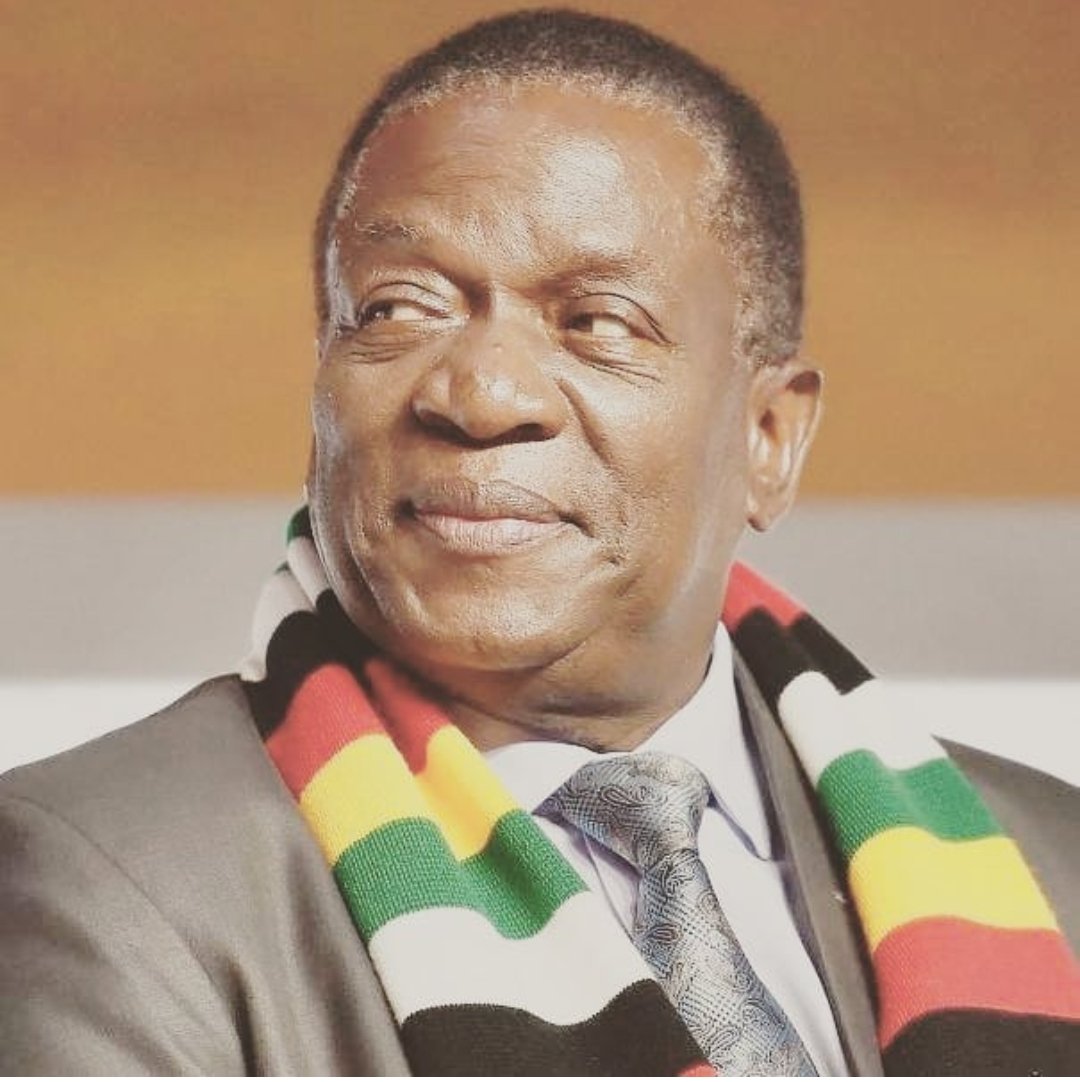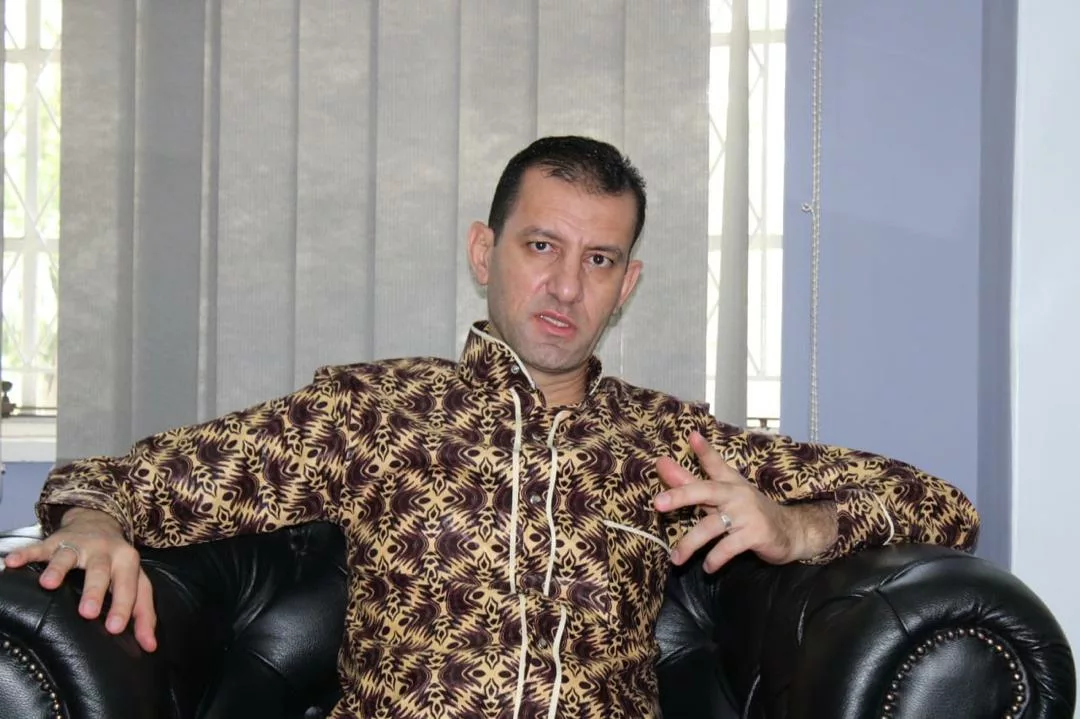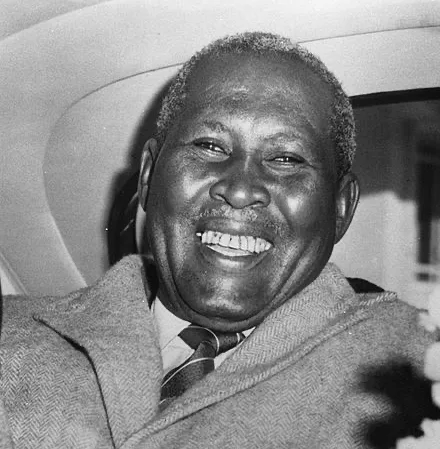The Crisis in Zimbabwe Coalition (CiZC) has welcomed calls for national dialogue as a way of resolving the multi faceted crisis bedevilling the country but insisted fulfilling certain fundamentals first is critical.
The coalition supports the long held view that following the disputed July 30, 2018 elections, a national dialogue was critical in resolving the Zimbabwean crisis.
CiZC emphasised that a national dialogue, in its nature, should be inclusive and not necessarily be a political dialogue among political parties. It has highlighted its concerns over the Zimbabwean issue as well as its expectations from the national dialogue process;
CiZC concerns
1. Zimbabwe has not fully implemented the 2013 Constitution. The implementation of the constitution has been slow and there is limited movement in repealing repressive legislation which is in conflict with the constitution. Society continues to call for security sector and media reforms and there are concerns over the non-implementation of recommendations by the SADC Election Observer Mission to facilitate for diaspora voting.
2. There is a perpetual economic meltdown (resulting from the current political crisis) which has resulted in high levels of inflation and an increase in domestic debt which has compromised the government’s capacity for the provision of social services and social protection for ordinary citizens. The unrest within the civil service has also impacted negatively on ordinary citizens and has the potential of fuelling more conflicts in Zimbabwe.
3. The Zimbabwean society is heavily divided and polarised and there is huge trust deficit characterised by a perpetuation of political polarisation in post-election period.
4. Military involvement in civilian processes – The events of August 01, 2018 and 14 – 16 January 2019 which resulted in the shooting of 12 unarmed civilians in the full glare of both regional and international media is evidence of the above. We note with concern that cases of rape and other forms of brutality by the army continue to be recorded.
5. The government has apparently failed to uphold fundamental human rights including the right to life as evidenced by its continued deployment of armed soldiers against civilians
6. The media, particularly the state – controlled media continues to be partial while perpetuating divisions in society and brazenly attacking civil society as plotting to subvert Zimbabwe’s constitutional democracy. We are concerned that the government, through the State media, continues to criminalise the work of civic society.
7. At a time there is national outcry over the deteriorating economic situation in the country, there is an apparent attempt by the State to silence dissenting voices through arbitrary arrests, beatings, abductions and threatening civil society leaders and trade unionists. At the same time, the government has apparently failed to walk the talk in as far as eradicating corruption is concerned.
Way forward
1) It is our conviction that the national dialogue process must involve all stakeholders and a national visioning process that has civil society, government, political parties, business, religious groups and labour unions among other critical stakeholders. The dialogue process should produce a clearly timed roadmap to the demilitarisation of civilian political processes and the restoration of normalcy by focusing on key political, economic and social reforms. In this regard, we call for FULL CONSULTATION of civic society rather than cosmetic processes.
2) It is imperative to arrest the economic downturn in Zimbabwe based on a clear reform roadmap and implementation of pro-poor and inclusive economic policies. Efforts at economic transformation, stabilisation and growth should be aimed at achieving inclusive sustainable economic growth and development.
3) The Government of Zimbabwe must uphold and guarantee citizens’ rights as enshrined in the Zimbabwean Constitution and other regional and international human rights treaties and statutes. Full implementation of the country’s constitution is equally important in promoting democracy in Zimbabwe.
4) The Government of Zimbabwe must respect the fundamental right of access to information, freedom of expression as well as freedom of association.
5) There is need to immediately operationalise a comprehensive programme on national healing, reconciliation and nation building that will depolarise society and entrench the respect for diversity, inclusion and tolerance in all facets of life.
6) The army must desist from partisan politics and confide themselves to the barracks. There is an imperative need to de-militarise the Zimbabwean state.
7) There is need for non-interference into the work of institutions that support democracy. This again calls for full implementation and respect of the country’s constitution. Also, government must not be seen to be criminalising the work of civic society organisations.
8) CiZC holds the firm view that implementation of electoral reforms is critical as a way of doing away with disputed elections that often result in a legitimacy crisis which comes with negative impacts on democracy and economic development.






